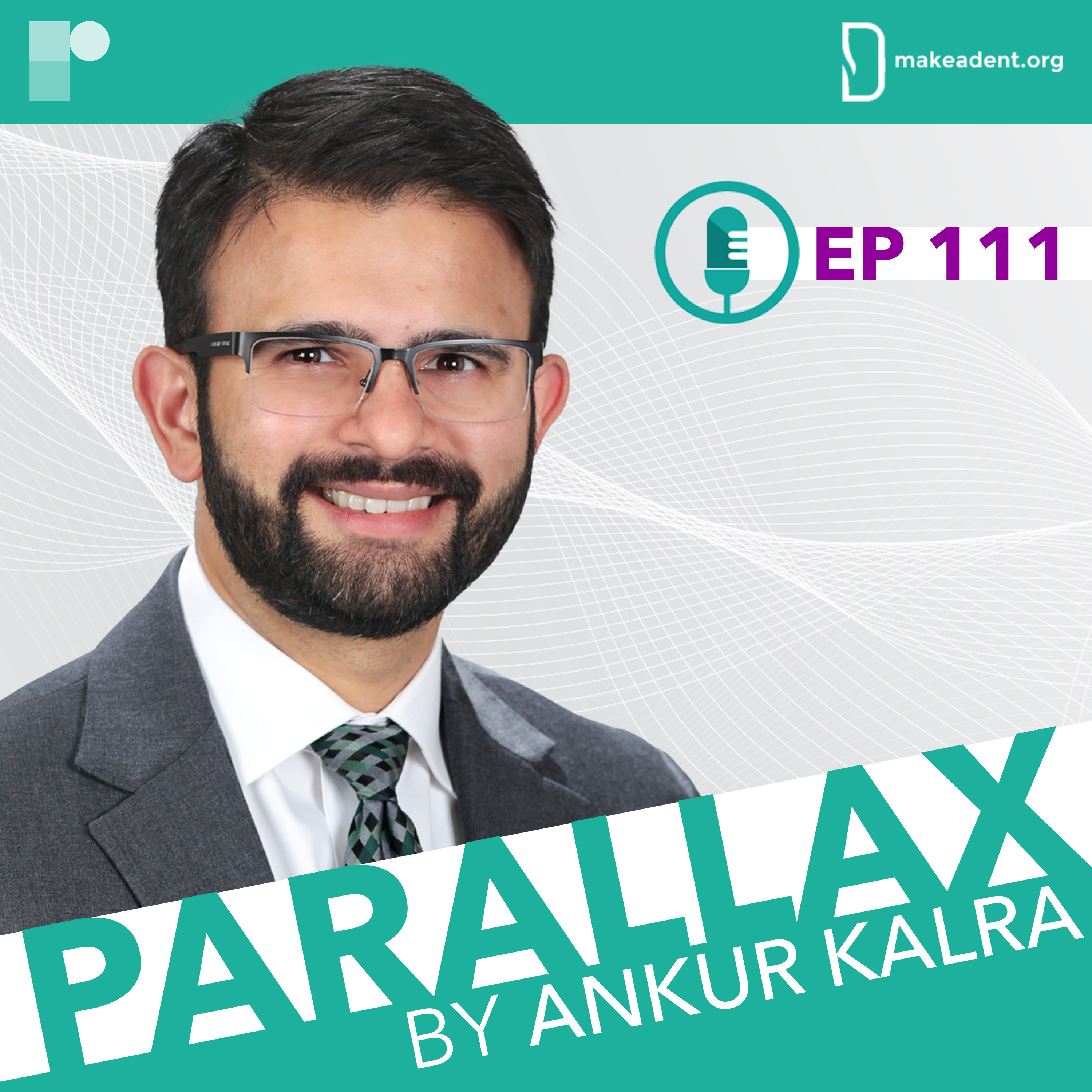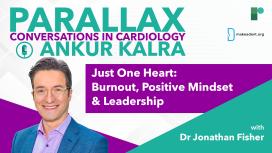
Dr Ankur Kalra’s guest this week is Dr Saraschandra Vallabhajosyula, Interventional and Critical Care Cardiologist, Assistant Professor of Medicine at the Warren Alpert Medical School of Brown University and the Director of the Cardiac Intensive Care Unit at Rhode Island Hospital, the Miriam Hospital and Lifespan Cardiovascular Institute. In this episode of Parallax, they delve into the latest insights from ACC.24 through the lens of five pivotal late-breaking trials.
Dr Vallabhajosyula offers a deep dive into the nuances of each study. Together, Dr Kalra and Dr Vallabhajosyula distil the complexities of these trials into key messages for practice, grounded in their own clinical experiences.
In the spotlight are five key trials:
1. DanGer Shock: Microaxial Flow Pump or Standard Care in Infarct-Related Cardiogenic Shock
2. RELIEVE-HF: Safety and effectiveness of the V-Wave® Ventura® Interatrial Shunt for the treatment of heart failure (HF)
3. PREVENT: Preventive PCI or medical therapy alone for vulnerable atherosclerotic coronary plaque
4. REDUCE AMI: Decreased usage of beta-blockers after acute myocardial infarction
5. ORBITA-COSMIC: Coronary sinus reducer for the treatment of refractory angina
Dr Kalra and Dr Vallabhajosyula dissect the practical implications of these trials, answering pressing questions and addressing emerging dilemmas. What are the key takeaways from ACC.24? How do these findings shape contemporary clinical practice?
Questions and comments can be sent to “podcast@radcliffe-group.com” and may be answered by Ankur in the next episode.
Guest: @SarasVallabhMD Host: @AnkurKalraMD and produced by: @RadcliffeCARDIO





Tune in to discover the strategies that Dr. Kalra and Dr. Alasnag are currently employing and gain insights into how these data will shape their future decision-making in the catheterization laboratory. Don't miss this informative discussion at the forefront of interventional cardiology.

As we adapt to the changes brought about by the pandemic, Dr Singh outlines the necessary steps to foster a reality in which we can utilize these technologies to create more time for human connection.

Dr Owens is Medical Director of the Center for Inherited Cardiac Disease and Associate Professor of Medicine at the Hospital of the University of Pennsylvania.
This series is supported by an unrestricted educational grant from Bristol Myers Squibb. Please see www.camzyosrems.com for important safety information.
This content is intended for US-based physicians.








